Note: Before the launch of the Open Philanthropy Project Blog, this post appeared on the GiveWell Blog. Uses of “we” and “our” in the below post may refer to the Open Philanthropy Project or to GiveWell as an organization. Additional comments may be available at the original post.
One of our priorities over the last few months has been to learn, broadly speaking, about scientific research and the role philanthropy can play in it. Along with political advocacy (which we’ve been writing about recently), we feel that this is one of the major categories of philanthropy that we’re currently least well suited to understand.
This is first in a series of three posts. It discusses:
- Why we believe it’s important to explore scientific research as a philanthropist.
- Why we’ve tentatively chosen to start by focusing on life sciences (biology, medicine).
- The key questions we’ve been focused on.
Why explore scientific research?
We expect it to be a difficult and long-term project to gain competence in scientific research funding. The reasons we think it’s worth doing are that:
- Scientific research is extremely prominent in the list of philanthropy’s claimed success stories, and the conceptual fit with philanthropy is strong.
- The “bang for the buck” of funding or influencing scientific research could be extremely high, since new findings become public goods with potentially global effects.
- Much of the Gates Foundation‘s current work is in the category of trying to develop new technologies aimed at helping people in the developing world, an approach that strikes us as potentially promising, and difficult to assess without a basic competence in funding scientific research.
- In addition, even scientific research that is not aimed at helping the worst-off can have potentially huge flow-through effects. We have, in the past, made some preliminary attempts to investigate certain types of scientific research, and haven’t made much progress. We now recognize that – for reasons we will lay out below and in future posts – making serious traction in this area is going to be a very challenging long-term project.
Starting with a focus on life sciences (biology, medicine)
- According to data we’ve pulled from a government survey on R&D funding at universities (details of the query are in the spreadsheet) (XLS), the total amount spent on (university-based) research in “biological sciences” and “medical sciences” is nearly equal to the amount spent on all other categories of research combined. This sort of research is also the most common focus (within scientific research) among today’s philanthropists.One could argue that this means we should focus somewhere else, with the reasoning that we should be looking for “uncrowded” areas. However,
- “Heavily funded” isn’t synonymous with “overcrowded” – what matters is how much funding is in an area relative to how much room for more funding there is, and at this point we have no way of assessing the “room for more funding” for any type of scientific research until we get a better grasp on the basics.
- When we know little enough about a type of philanthropy, there is some appeal to examining the most highly-funded areas, to get a sense of “what a highly-funded area looks like” and how other areas might look different if more funding came into them.
- We would consider pursuing a meta-research focus, i.e., a focus on advocating for changes in research practice and infrastructure; if we did this, working in a well-funded area would mean more opportunity for leveraged impact.
Two separate questions
We’ve been working in parallel on two questions:
- Within life sciences, what are the best opportunities for funders?
- How does the “good accomplished per dollar” of life sciences funding compared to that of other giving options (such as LLIN distribution)?
In theory, we’d want to answer these in the order given, because one needs to know the best available giving opportunity within a category in order to assess that category against other categories we’ve assessed the best available giving opportunities for. However, we expect assessing #1 to be a very long-term project, so in the meantime we’ve done what we could to assess the state of the existing literature on #2. We’re now at a stopping point on both questions: we believe that moving further on #1 requires recruiting scientific advisors, and moving further on #2 would require commissioning (rather than just reviewing) research, which is something we wouldn’t be comfortable doing until after more progress on #1.
Future posts will discuss our progress on both.

